When it comes to owning and operating semi-trailers, understanding how and where to dispose of black and gray water is paramount. Improper disposal can not only lead to environmental hazards but also potential legal ramifications. Therefore, this article serves as an extensive resource for trailer operators seeking effective solutions for managing black and gray water.
Understanding Black and Gray Water
Black water is defined as wastewater that contains human waste, typically originating from toilets. Conversely, gray water refers to wastewater generated from sinks, showers, kitchens, and laundry. Both types of wastewater require specialized handling due to their unique compositions and the differing implications for disposal.
| Type of Water | Sources | Treatment Requirements |
|---|---|---|
| Black Water | Toilets | Special treatment facilities required |
| Gray Water | Showers, sinks, laundry | Can be treated and reused in certain setups |
Identifying the Right Disposal Locations
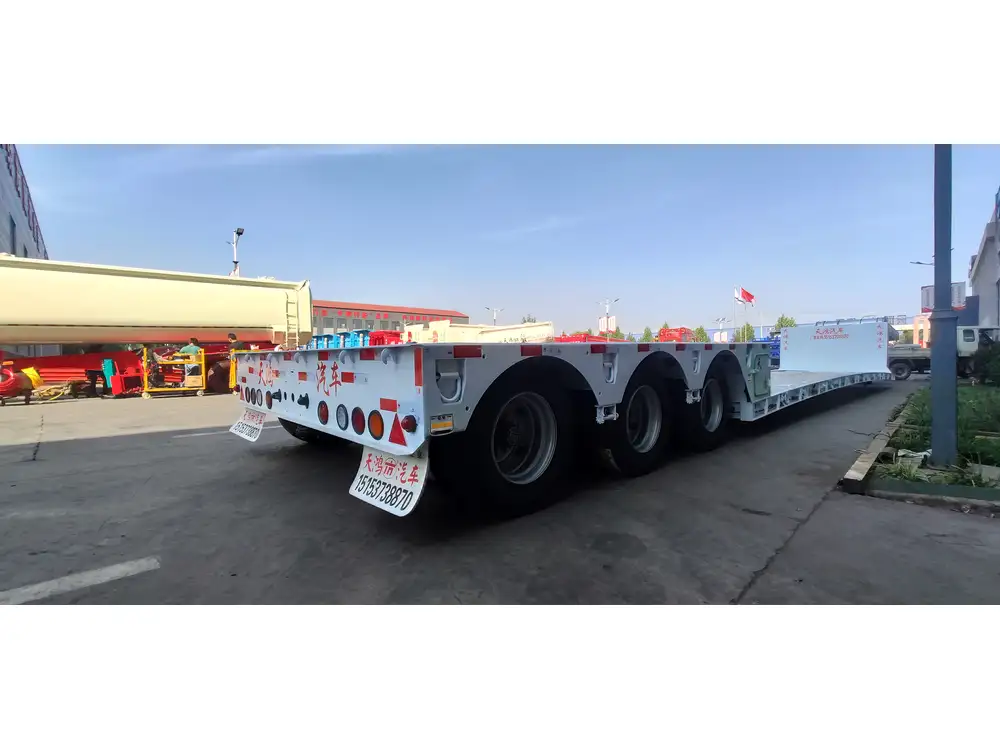
1. RV Dump Stations
Most commonly, RV dump stations are equipped to handle both black and gray water. These stations can often be found in the following locations:
- Public Rest Areas: Located on highways, rest areas frequently have dedicated dump stations for RVs.
- Campgrounds: Many campgrounds provide facilities for dumping, often included in the fee for a campsite.
- RV Parks: Similar to campgrounds, RV parks generally feature on-site disposal stations, sometimes available only to registered guests.
2. Wastewater Treatment Facilities
Municipal wastewater treatment plants are another viable option for dumping your black and gray water. However, it is essential to check with your local facility prior to disposal, as they may have specific regulations regarding what kind of wastewater they accept.
3. Landfills with Hazardous Waste Sites
Some landfills equipped to manage hazardous waste may accept black and gray water as part of their service. This option is usually limited and requires prior coordination. Ensure to contact the landfill ahead of time for their guidelines.
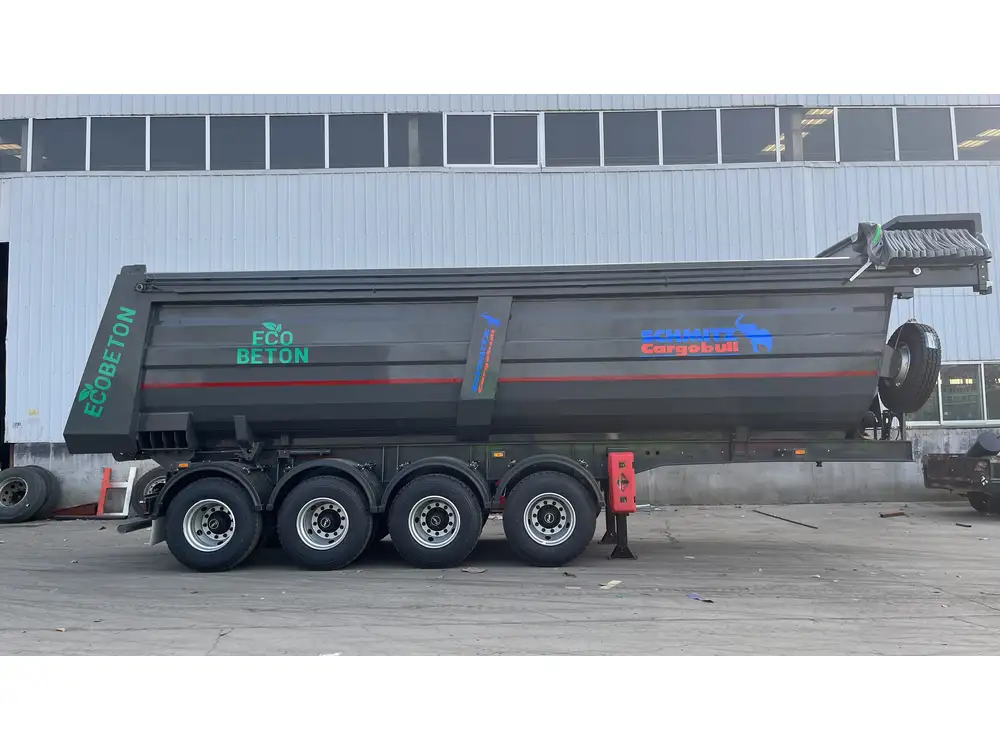
4. Private Septic Services
If you are in an area where facilities are limited, hiring a private septic service to pump your tanks may be the best option. These companies can safely transport and treat wastewater, ensuring compliance with regulations.
Steps to Properly Dump Your Tanks
1. Assess Your Location
Begin by identifying the closest and most convenient disposal site. This can be done using various apps and websites that list nearby RV dump stations.
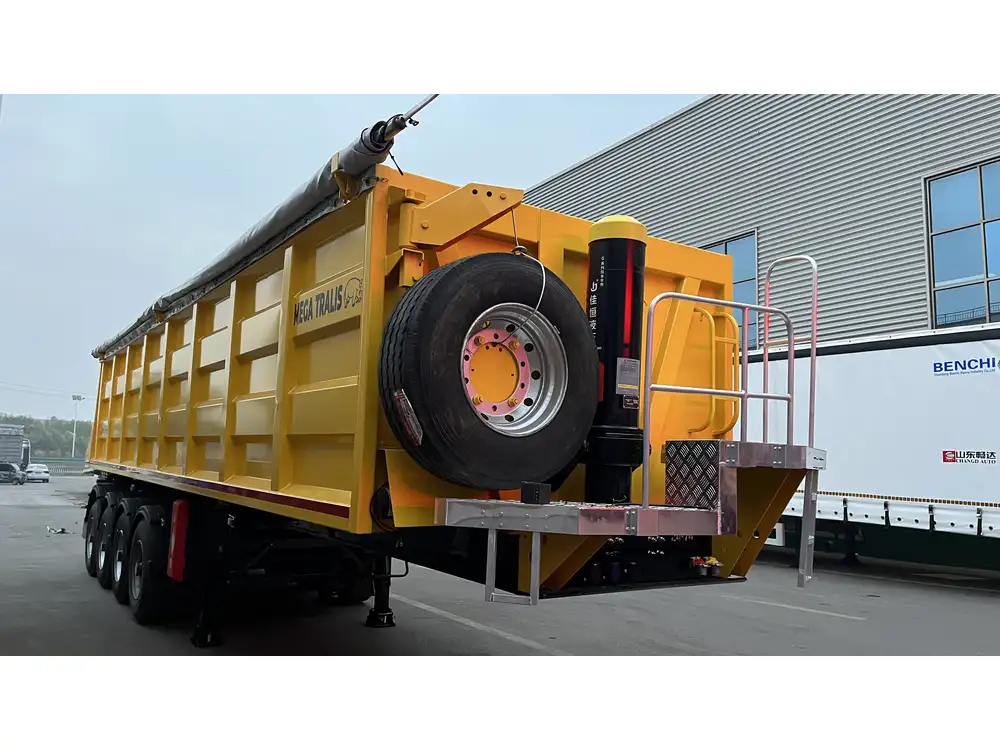
2. Prepare Your Equipment
Ensure you have all necessary equipment before undertaking the task. Essential items include:
- Sewer Hose: Use a sturdy, well-maintained sewer hose to facilitate the transfer without leaks.
- Adapters: Sometimes, different stations will require various fitting sizes; having adapters on hand can prevent delays.
- Gloves: Always wear gloves to adhere to sanitary practices while handling waste.
3. Dumping Process
- Seal and Position: Securely connect your sewer hose to the tank’s outlet valve and the dump station’s inlet.
- Open the Valves: Begin with the black tank. Open the valve and let the contents fully drain into the sewer system. Always follow this with the gray tank to help wash out the hose.
- Flush and Clean: Once the tanks are empty, flush with clean water for additional sanitation. Close valves tightly and disconnect hoses carefully to avoid spills.
- Dispose of Equipment: If using disposable gloves or wipes during the process, ensure they’re placed in sealed bags and treated as waste accordingly.
4. Performing Regular Maintenance
Regular maintenance helps keep your tanks in optimal condition, prolonging their lifespan and reducing the risk of leaks or blockages. This can include:
- Using Chemicals: Employing biodegradable chemicals helps break down waste and control odors.
- Regular Monitoring: Keep an eye on tank levels and conduct routine checks for leaks or damp spots near the holding tanks.

Environmental Regulations
1. Legal Compliance
Failure to properly dispose of black and gray water can result in costly fines and legal action. Many regions have strict laws regarding wastewater disposal, particularly in natural areas like state parks. Always familiarize yourself with local laws to avoid violations.
2. Environmental Impact
Improper disposal can lead to serious environmental repercussions including soil contamination, harm to wildlife, and pollution of water resources. Thus, understanding and implementing safe disposal practices can play a significant role in preserving the environment.

Frequently Asked Questions (FAQs)
What happens if I accidentally dump waste in the wrong location?
Dumping black or gray water in unauthorized areas can lead to severe penalties. It’s recommended to report any accidental dumping to local authorities and rectify the situation promptly.
Can I dump gray water on the ground?
In some areas, particularly in rural locations, gray water can legally be dumped on the ground if it’s treated properly first. However, it’s crucial to check local laws, as this practice is illegal in many urban settings.
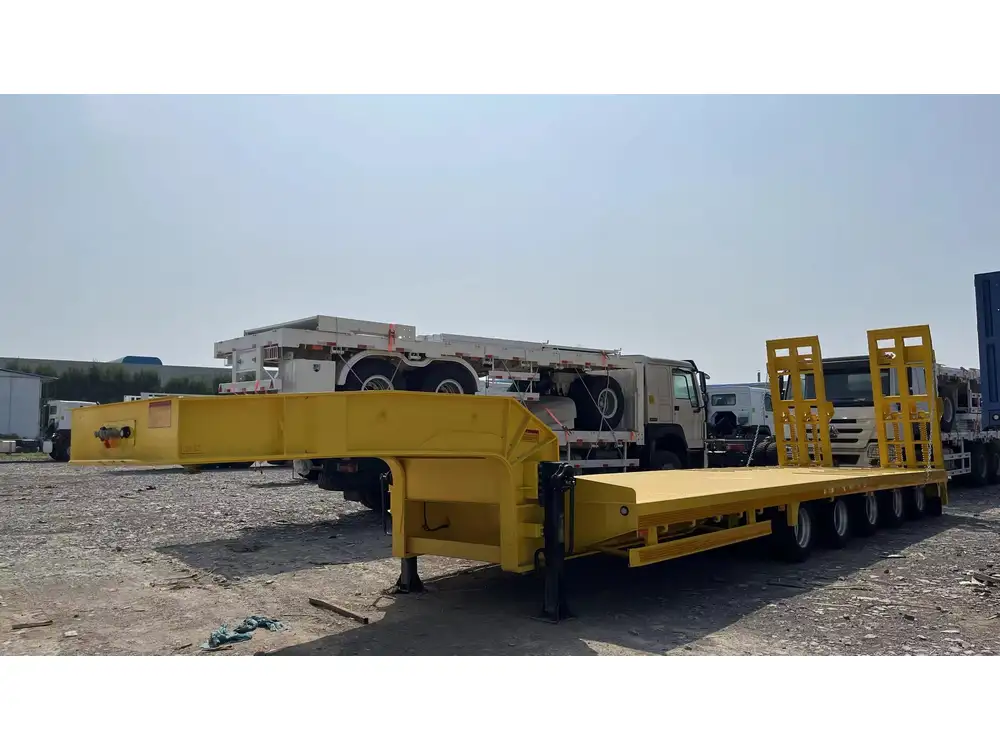
How often should I dump my tanks?
The frequency of dumping your tanks largely depends on usage. On average, you may need to dump your black water every 3-5 days, while gray water may last longer as it can often be routed back for non-potable uses.
Are there any eco-friendly options for managing wastewater?
Yes! Many companies now produce biodegradable treatment solutions for black and gray water, designed to break down waste without harming the environment. Additionally, some trailer owners utilize composting toilets, which significantly reduce the amount of human waste needing disposal.
How to choose an RV dump station?
When selecting a dump station, consider factors like proximity, waste treatment capability, user reviews, cleaning frequency, and amenities (such as water for rinsing your hose). Always inspect the site before beginning your dump process to ensure it’s in proper working order.
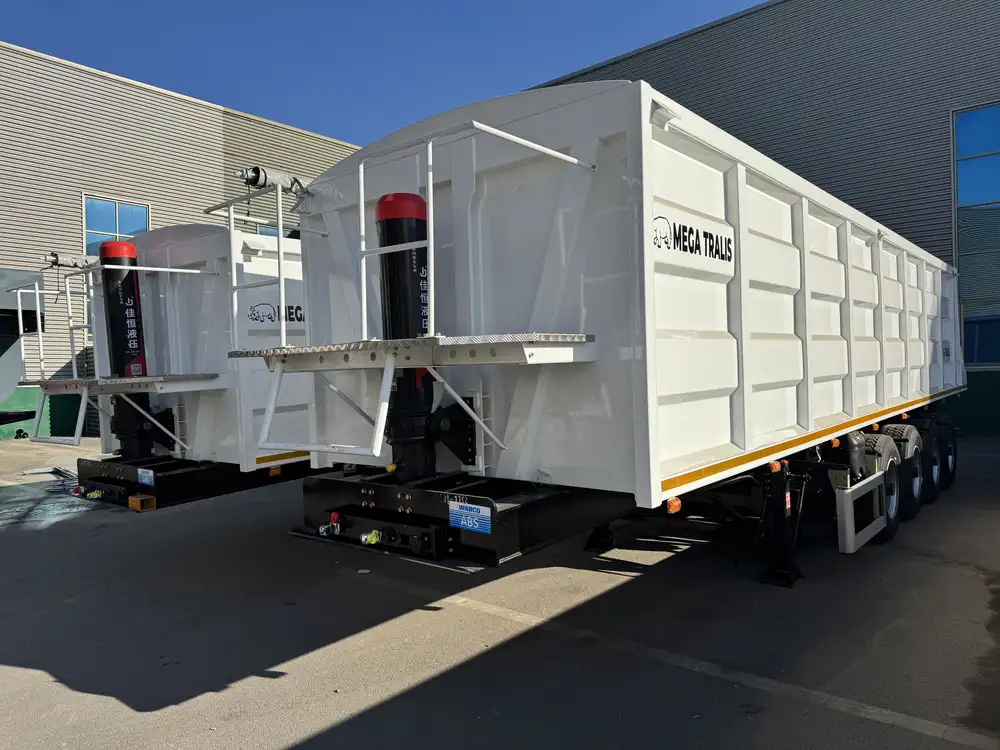
Conclusion
Effective management of black and gray water is crucial for every semi-trailer operator. By understanding the various disposal options available, adhering to regulations, and employing safe dumping practices, operators can contribute positively to both their environment and their own operational efficiency. As you navigate the complexities of waste disposal, keep these guidelines in mind to ensure a sustainable and compliant approach.
Understanding where to effectively dump your tanks will not only keep your operations running smoothly but will also ensure your role as a responsible semi-trailer operator in protecting the environment. So gear up and get ready for your next journey with ease, knowing you have the essential knowledge for responsible waste disposal!



